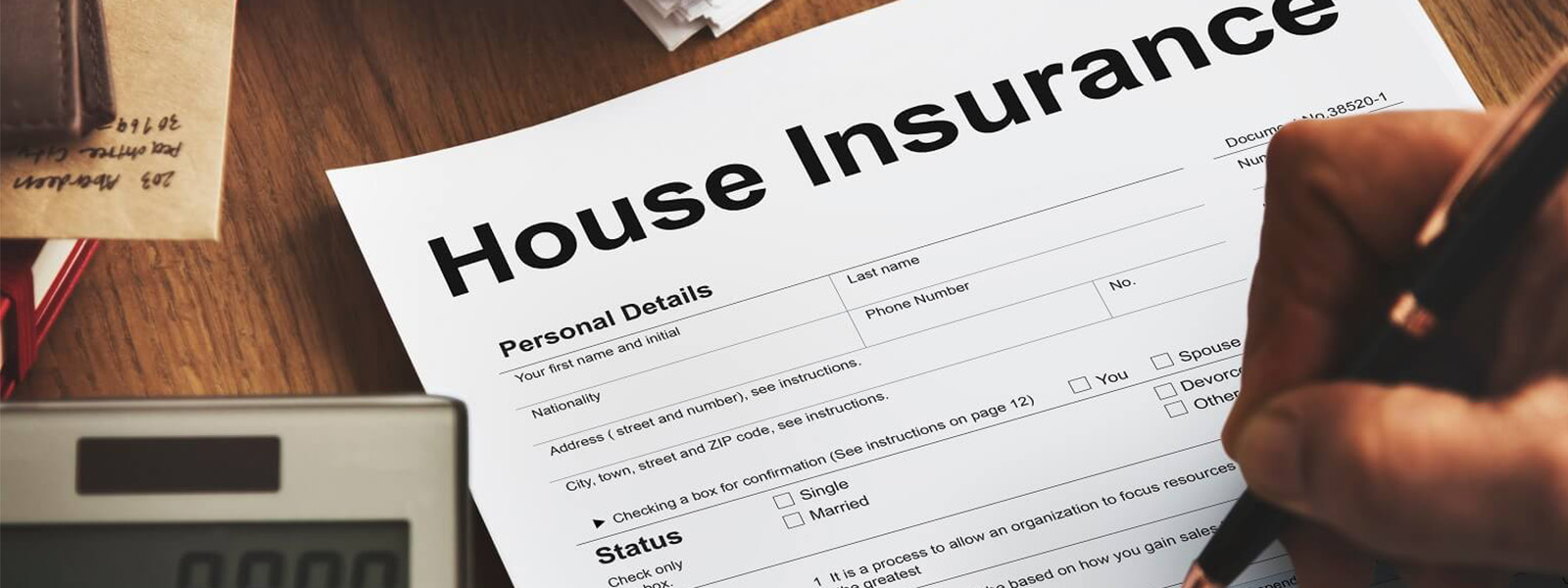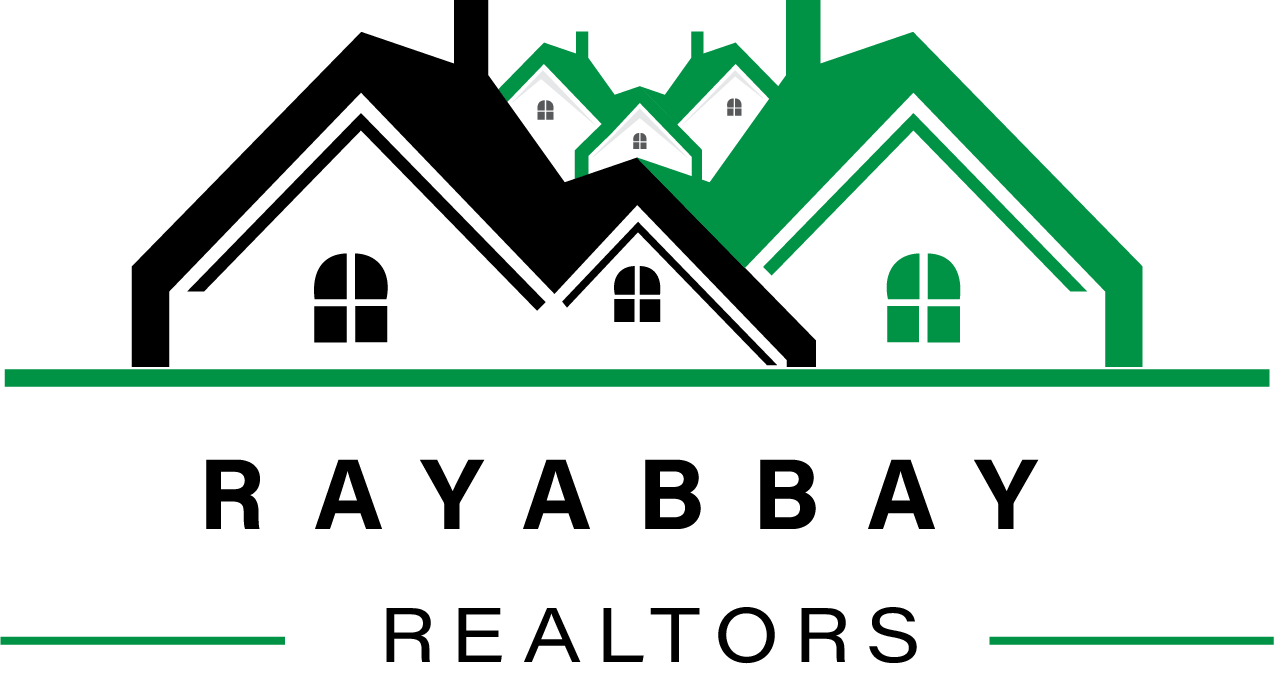Understanding property insurance in Kenya: Protecting your investment.

Investing in property is a significant milestone in one’s life, and it’s crucial to safeguard that investment against unexpected events. It is a vital financial tool designed to protect property owners and landlords in Kenya. In this blog post, we’ll explore the fundamentals of property insurance in Kenya, helping you understand the importance, coverage options, and factors to consider when securing your property.
Why property insurance matters
- Protection against perils: It provides coverage against a wide range of perils, including theft, fire, vandalism and natural disasters. It ensures that your property is financially protected when the unexpected occurs.
- Risk mitigation: There are various risks that properties are prone to such as floods and fires. Property insurance helps mitigate these risks by providing a safety net to help rebuild or repair your home without depleting your savings.
- Compliance: In many cases, property insurance is a requirement for securing a mortgage or loan for a property purchase. Lenders want assurance that their investment is protected.
Types of Property Insurance in Kenya
- Homeowners Insurance: This type of insurance is for individuals who own homes. It covers the structure of your house and its contents against various perils. It may also include personal liability coverage..
- Commercial Property Insurance: Business owners in Kenya should consider commercial property insurance. It protects against damage to business properties, inventory, and equipment.
Factors to Consider
- Coverage Limits: Determine the coverage limits that are appropriate for your property. Ensure your policy covers the full replacement or market value of your property.
- Policy Exclusions: Review the policy to understand what is not covered. Common exclusions include wear and tear, pre-existing damage, and certain natural disasters.
- Premium Costs: The premium cost depends on various factors, including the property’s location, value, and the type of coverage. Obtain quotes from multiple insurers to find the best value for your needs.
- Deductibles: A deductible is the amount you must pay before your insurance coverage kicks in. Consider how much you’re willing to pay out of pocket in the event of a claim.
- Additional Coverages: Some policies offer optional coverages, such as coverage for high-value items or protection against specific risks like riots or terrorism. Evaluate whether these additional coverages are necessary for your property.
